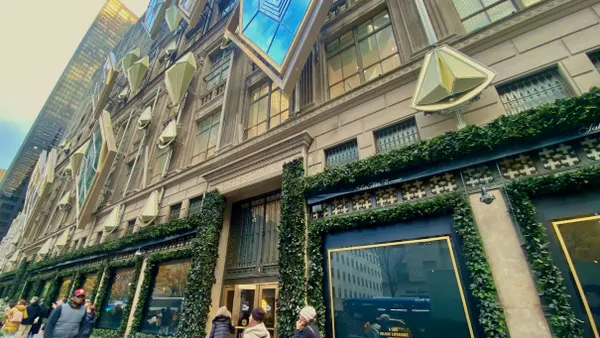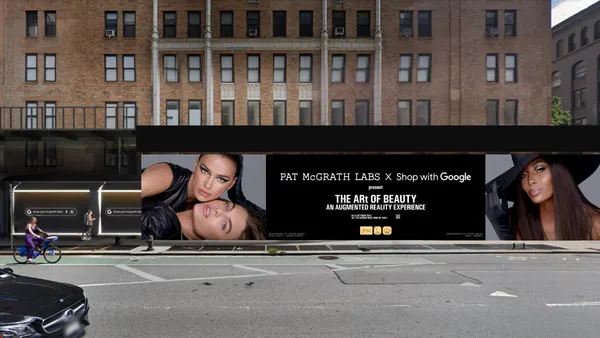Dive Brief:
- Lenders are taking equity stakes in Mall of America after its owner defaulted on the multibillion-dollar American Dream development, according to reports in the Financial Times, Bloomberg and other media.
- Triple Five Group put up a potential 49% stake in Mall of America, and another mall in Canada, as collateral on debt used to finance the American Dream project in New Jersey, according to public documents.
- Triple Five handed over Mall of America stakes to lenders, including J.P. Morgan and Goldman Sachs, after American Dream ran into cash flow problems, a spokesperson confirmed to Bloomberg. Representatives for Mall of America and Triple Five did not immediately respond to Retail Dive's requests for comment.
Dive Insight:
The financial woes in retail created by the COVID-19 pandemic have been shared throughout the industry's broader ecosystem of stakeholders. As customers have avoided in-person shopping, sales fell, and with them, so did rent payments to mall landlords. And in some cases, landlords missed loan payments on their malls.
Last fall, two mall operators, PREIT and CBL & Associates Properties, filed for bankruptcy within 24 hours of each other. Another, Washington Prime, is reportedly prepping a bankruptcy filing. In all cases, mall operators are working with lenders to reach restructuring agreements.
Triple Five has the disadvantage of operating massive indoor, experience-based destination malls during the pandemic era. Before social distancing entered our collective vocabulary, American Dream already struggled with financial and legal hiccups and the loss of retail tenants due to deep industry pressures that began well before the pandemic.
American Dream's grand opening was set for spring 2020, which was the unluckiest timing imaginable. By the summer, Triple Five reportedly had missed multiple mortgage payments. The mall — with its planned 100 restaurants, 450 stores, wave pool and theme park — had to shut down for seven months last year. It reopened in a fall, ahead of a massive surge in COVID-19 cases.
During the year, Mall of America also suffered, reportedly laying off more than 200 employees.
The good news for malls is the same good news as for the country: vaccinations against COVID-19 are increasing substantially. In a March 18 report, Jefferies analysts noted that improvement in inoculation rates has "driven an improvement in mobility," with consumer mobility in the retail and recreation categories earlier this month hitting their best numbers since mid-March of last year, as COVID-19 began reshaping American life and retail.
















